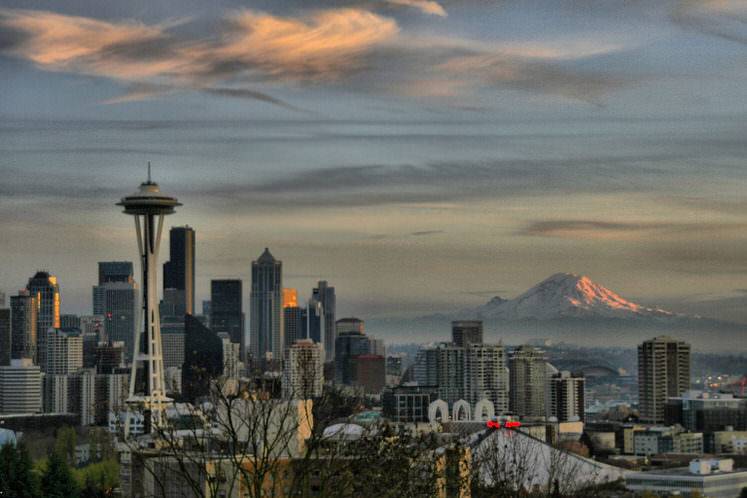Seattle, one of the finalists in the Department of Transportation’s Smart City Challenge, is on the hunt for a smart city coordinator to oversee the city’s strategy and start dialogues between the city and private partners.
The coordinator will also be responsible for making sure smart city programs across multiple departments mesh, to reduce inefficiencies and avoid departments tripping over each other.
See Also: San Diego gets its smart city on with GE Current hookup
“We’re creating the smart cities coordinator role to help drive collaboration across these stakeholders and to make sure we have basic consistency in our smart cities deployment,” said Seattle Chief Technology Officer Michael Mattmiller to Government Technology.
Understanding what to do with smart city programs is a necessity for the job, as Seattle already has some programs that may require upgrades. One of those is RainWatch, a network of sensors that monitor precipitation in the city. This could do with an upgrade in the near future to smaller, cheaper, and more efficient sensors, which should be installed in more places, according to Mattmiller.
Trying to keep everyone on the same page
As Seattle becomes more infatuated with smart city technologies, it will be the coordinator’s job to reign-in overzealous departments that work on too many programs. They will also need to ensure the various programs don’t break the budget, either by reducing the amount of programs or enlisting the help of private organizations.
Standardising the platforms for smart city programs and making sure departments are following the best practices will also be a key role for the coordinator, according to Mattmiller.
It is one of the first job titles specifically for smart cities, but don’t expect other metropolitan cities to be far behind. Internet of Things (IoT), traffic, and networking tech is entering into the public domain and a lot of cities want to be ahead of the curve, as seen by the massive response to the DoT’s smart city challenge last year.


















